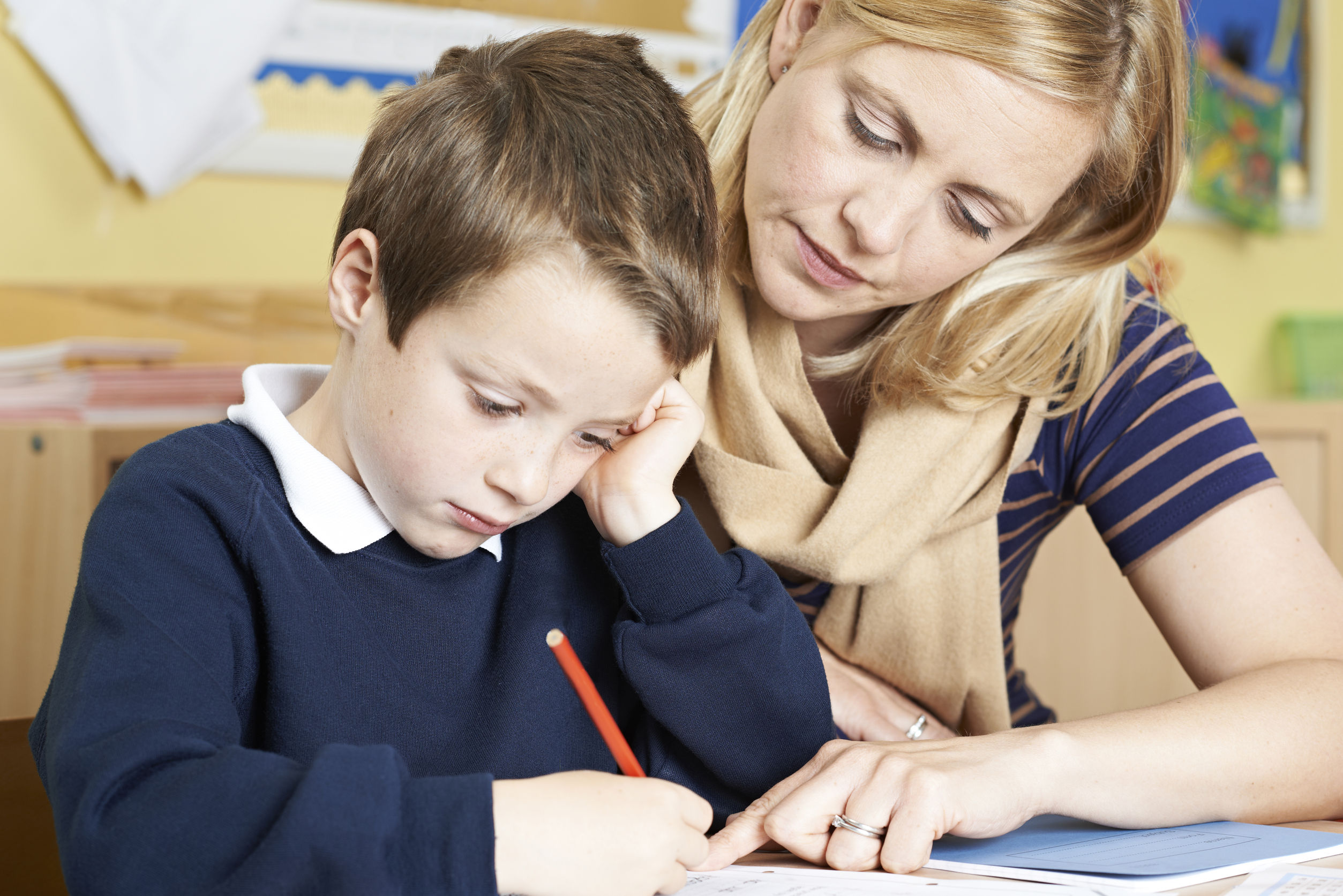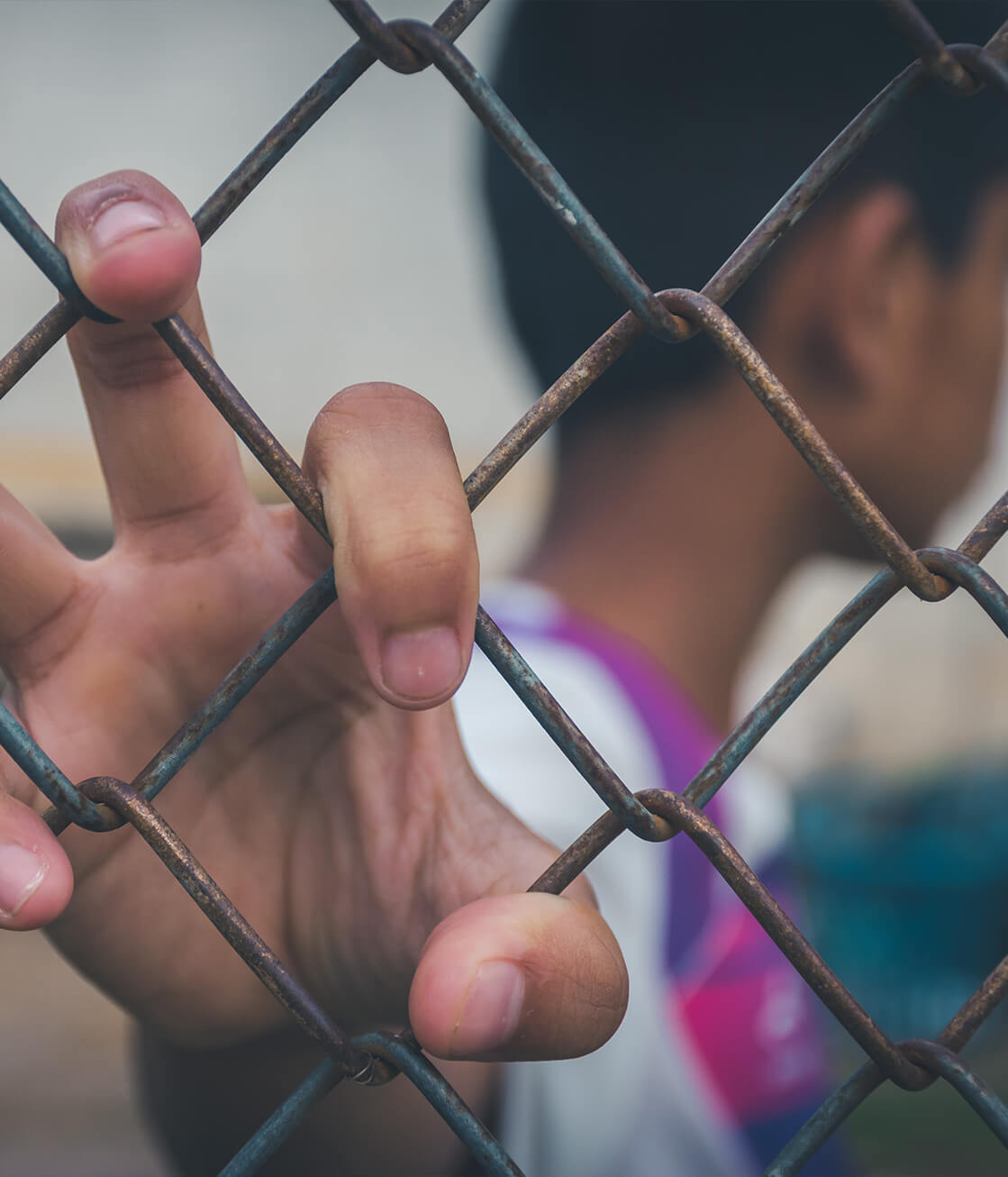Impact of Foster Care
Child abuse needs to stop and education is the key.
The following free resources are essential to driving change and
are made possible through your contributions, thank you.

Nurturing and stable foster families increase the likelihood of positive outcomes.
PHYSICAL & MENTAL HEALTH
- Several studies suggest that compared to the general population, former foster children have poorer physical health.
- Children in foster care may have mental health problems, anxiety, depressive symptoms or general mental difficulties and the overall health care of children who have been established in care for more than six months is significantly worse than for those living in their own homes
- They have poorer mental health, as determined by the fact that psychiatric referral and use were higher for them than for adoptees or persons in the general population.
- They had less self-esteem, less happiness, and less satisfaction with life as a whole than did former foster-home residents and persons in the general population.
- Individuals from group settings-particularly whites-scored lower on measures of life satisfaction.

Education
- When youth enter foster care, they are more likely to be “old” for their grade level (i.e., have been held back one or more years) and to perform more poorly on standardized assessments than other students their age.
- The schools that youth in foster care attend are often among the lowest performing.
- While they are in foster care, youth continue to lag behind their peers academically.
- Youth in foster care are less likely to graduate from high school than their peers.
- Although a majority of youth in foster care aspire to attend college, they are less likely than their peers to enroll in college.
- Compared with their peers, college students who had been in foster care are less likely to earn a college degree.
Relationships
- Problems may exist for former foster children in forming stable cohabiting situations, in parenting, and in establishing integrated social relationships in their community.
- The risks are heightened if the child enters foster care at an older age, if the child has social or behavioral problems, is placed in a group setting, and has ongoing ambiguous contact with biological parents.
Social
- Several studies suggest that compared to the general population, former foster children have poorer physical health.
- Former foster children are likely to have higher numbers of teen pregnancies, more marriages to spouses who failed to provide emotional support, and greater social isolation than the general population.
Financial
- A majority of former foster children (between 64% & 92%) are self supporting adults.
- About 25% of former foster children receive public assistance at some point as adults.
- Those discharged from foster family homes do better than those from group settings, and adoptees do better than foster children.
- Foster families, and to a lesser extent, biological families, appear to provide economic support for a significant portion of adult former foster children.
- 60% to 70% of former foster children were living independently in adequate housing.
- Sizable numbers of subjects were found to be still living with their foster parents or friends and relatives.

Criminal
- Arrest rates for male former foster children are between 25% & 35%, but have been reported to be over 40%.
- Of those arrested, one-quarter to one-half are subsequently convicted.
- Arrest rates for women are much lower-about 10%.
- Adults who had received foster family care participated in less criminal behavior than those who had been in group care or had been living with relatives.
Homelessness
The number of former foster children among the homeless may suggest that efforts have fallen short to provide some sort of transition to independence for those who age out of foster care. Or it may suggest something else entirely, such as that children sent to foster homes have severe problems that make them vulnerable to homelessness, or that the foster care experience is debilitating in a way that leaves them unable to function independently, or that they lack family support networks to provide them with housing in a crisis. The exact link between foster care and homelessness is not known.
The abuse may be brief, but the trauma lasts a lifetime.
Kids’ lives and futures are on the line!
Be the voice against neglect and contribute to end child maltreatment today.
Positive Parenting Support,
At the click of a button.
Previous Section
Parenting Resource Center
Impact of Foster Care
Next Section
